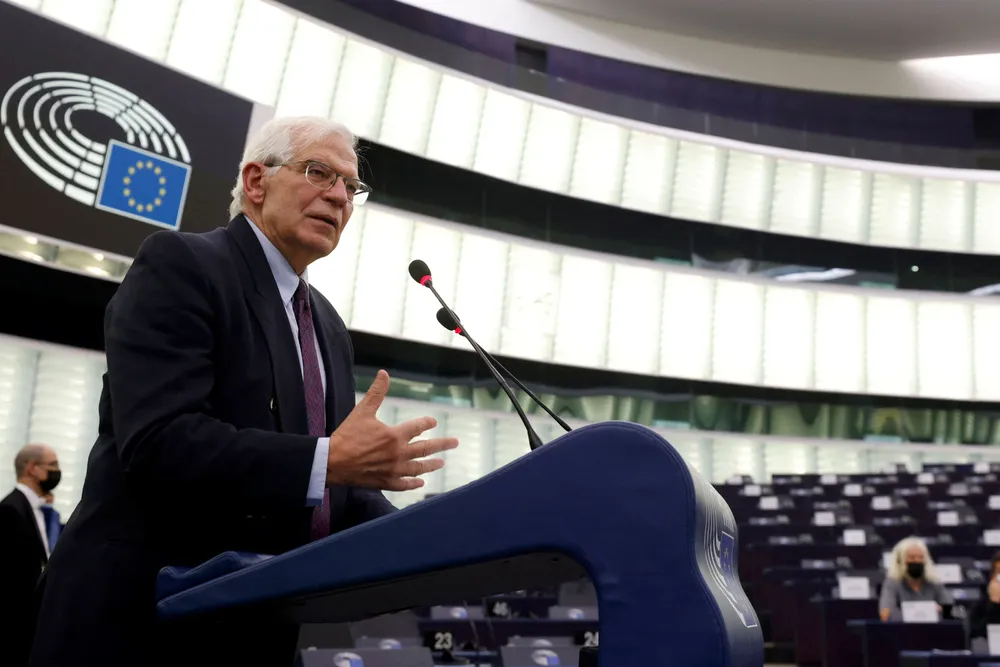Europe gas prices post staggering surge as Russia cuts supplies
Russian monopoly Gazprom and its unexplained reductions of gas supplies to Europe are back in spotlight

Russian monopoly Gazprom and its unexplained reductions of gas supplies to Europe are back in spotlight
